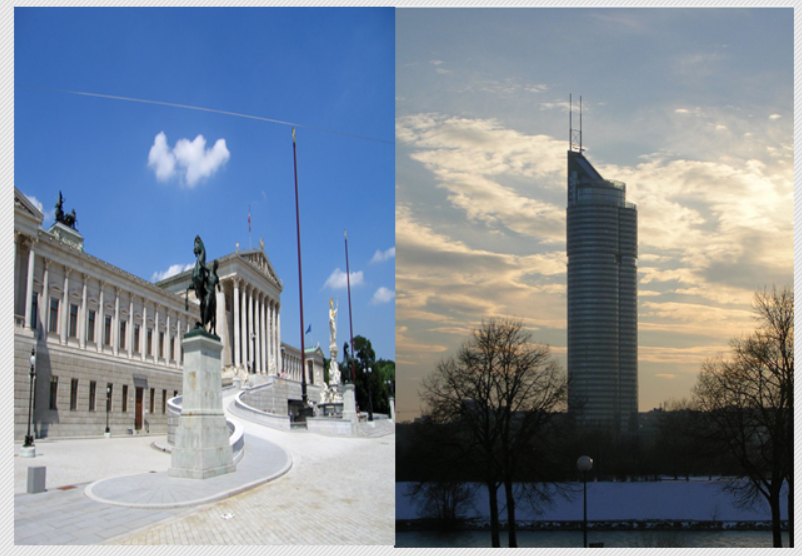Honos Virtus
@Necromonger1
1d
·
·
Free Speech & General Discussion
The Master Plan Explodes: Military Raids Obliterate Elite Pedophile Rings Hiding in Underground Bunkers from New York to CERN and Antarctica—DARPA’s AI Systems Like THORN Used to Track and Traffic Children!
This is happening right now, and the world will soon face the truth. The deep state’s darkest secrets—the global network of child trafficking and pedophilia that has controlled the highest levels of power for decades—is finally being torn apart. Leading this charge is Donald J. Trump, backed by white hat military leaders and patriots who have had enough.
The military has raided deep state facilities globally, and the evidence they’ve uncovered will shock the world. As of October 8, 2024, these operations have escalated, with major raids in locations once thought untouchable. The cabal has nowhere left to hide.
Antarctica, long a mysterious land, is now the epicenter of this takedown. Underground bunkers once used to control global trafficking are being exposed. The military has seized everything—servers, documents, and evidence of the elites’ child trafficking involvement. Antarctica wasn’t a frozen wasteland, but a sanctuary for criminals.
Cheyenne Mountain has also been activated, housing AI systems monitoring deep state activities. White hats are using satellite tech to map and dismantle trafficking routes.
Meanwhile, Silicon Valley has been hit. Tech giants like Google, Facebook, and Microsoft were integral to the deep state’s surveillance network. Inside their data centers, evidence has been found linking them to child trafficking—and DARPA’s AI was used to track children with software like THORN.
In Epstein Island, the military uncovered secret tunnels used for trafficking and ritual abuse. Kamala Harris, Bill Gates, and others frequented this island as part of a global network.
CERN, in Switzerland, was raided next. Long rumored to be involved in mind control, the military found data proving children were used in horrific experiments. The Vatican’s involvement is undeniable, with ties to the Jesuits running centuries deep.
Even Berlin’s European Central Bank was exposed as a financial hub for trafficking. The World Economic Forum has been revealed to be funding these operations.
In Australia, another raid targeted underground facilities trafficking children from Southeast Asia. The evidence collected ties Hollywood, U.S. politicians, and global corporations directly to these networks.
And Buckingham Palace is now under investigation. Documents tie the British monarchy to global trafficking—their role in this network is undeniable.
New York’s underground Wall Street bunkers were also targeted, revealing how the financial elite used children as leverage in deals. Wall Street isn’t just about money—it’s about control and exploitation.
But the most shocking evidence came from the Vatican’s secret archives, proving the Catholic Church’s direct involvement in trafficking children through its orphanages and charities.
This is it—the storm is here. The military has the evidence to bring down the deep state. From Antarctica to New York, no elite is safe. The world is waking up, and the cabal’s days are numbered.
https://media.gab.com/cdn-cgi/image/width=568,quality=100,fit=scale-down/system/media_attachments/files/167/179/328/original/65b07763171b423b.jpg
Honos Virtus
@Necromonger1
1d
·
·
Free Speech & General Discussion
The Master Plan Explodes: Military Raids Obliterate Elite Pedophile Rings Hiding in Underground Bunkers from New York to CERN and Antarctica—DARPA’s AI Systems Like THORN Used to Track and Traffic Children!
This is happening right now, and the world will soon face the truth. The deep state’s darkest secrets—the global network of child trafficking and pedophilia that has controlled the highest levels of power for decades—is finally being torn apart. Leading this charge is Donald J. Trump, backed by white hat military leaders and patriots who have had enough.
The military has raided deep state facilities globally, and the evidence they’ve uncovered will shock the world. As of October 8, 2024, these operations have escalated, with major raids in locations once thought untouchable. The cabal has nowhere left to hide.
Antarctica, long a mysterious land, is now the epicenter of this takedown. Underground bunkers once used to control global trafficking are being exposed. The military has seized everything—servers, documents, and evidence of the elites’ child trafficking involvement. Antarctica wasn’t a frozen wasteland, but a sanctuary for criminals.
Cheyenne Mountain has also been activated, housing AI systems monitoring deep state activities. White hats are using satellite tech to map and dismantle trafficking routes.
Meanwhile, Silicon Valley has been hit. Tech giants like Google, Facebook, and Microsoft were integral to the deep state’s surveillance network. Inside their data centers, evidence has been found linking them to child trafficking—and DARPA’s AI was used to track children with software like THORN.
In Epstein Island, the military uncovered secret tunnels used for trafficking and ritual abuse. Kamala Harris, Bill Gates, and others frequented this island as part of a global network.
CERN, in Switzerland, was raided next. Long rumored to be involved in mind control, the military found data proving children were used in horrific experiments. The Vatican’s involvement is undeniable, with ties to the Jesuits running centuries deep.
Even Berlin’s European Central Bank was exposed as a financial hub for trafficking. The World Economic Forum has been revealed to be funding these operations.
In Australia, another raid targeted underground facilities trafficking children from Southeast Asia. The evidence collected ties Hollywood, U.S. politicians, and global corporations directly to these networks.
And Buckingham Palace is now under investigation. Documents tie the British monarchy to global trafficking—their role in this network is undeniable.
New York’s underground Wall Street bunkers were also targeted, revealing how the financial elite used children as leverage in deals. Wall Street isn’t just about money—it’s about control and exploitation.
But the most shocking evidence came from the Vatican’s secret archives, proving the Catholic Church’s direct involvement in trafficking children through its orphanages and charities.
This is it—the storm is here. The military has the evidence to bring down the deep state. From Antarctica to New York, no elite is safe. The world is waking up, and the cabal’s days are numbered.
https://media.gab.com/cdn-cgi/image/width=568,quality=100,fit=scale-down/system/media_attachments/files/167/179/328/original/65b07763171b423b.jpg








